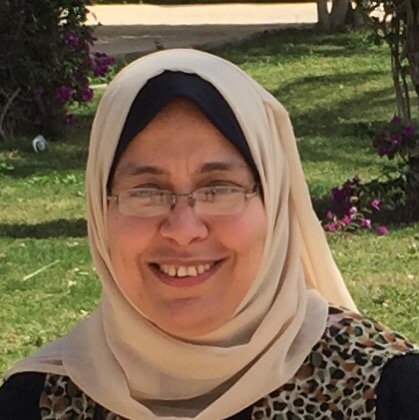Stem cell transcriptional signature activation is an essential event in the development of cancer. This study aimed to investigate the differential expression profile of three pluripotency-associated genes (OCT4, NANOG, and SOX2), G-protein-coupled chemokine receptor 4 (CXCR4) and the ligand (CXCL2), and alpha feto-protein (AFP) in hepatogenic differentiated stem cells and in sera of hepatitis C virus (HCV) and HCV-induced hepatocellular carcinoma (HCC) patients. Mesenchymal stem cells derived from umbilical cord blood were differentiated using hepatogenic differentiation media. Serum specimens were collected from 96 patients (32 cirrhotic HCV, 32 early HCC, and 32 late HCC) and 96 controls. Real-time quantitative reverse transcription polymerase chain reaction was performed for relative quantification of the 6 target genes using LIVAC method. In silico network analysis was also executed to explore the pluripotency and tumorigenic regulatory circuits in liver cancer. The expression levels of all genes declined gradually during the stages of stem cell differentiation. On univariate and multivariate analyses, NANOG, CXCR4 and AFP were significantly up-regulated in HCC patients with late clinical stage. In contrast, SOX2 and CXCL2 were markedly over-expressed in cirrhotic patients and could be used for clear demarcation between cirrhotic and HCC patients in our cases. In conclusion, our data highlight the potential role of SOX2 stem cell marker and CXCL2 chemokine in liver cell degeneration and fibrogenesis in HCV-induced hepatic cirrhosis in our sample of the Egyptian population. In addition, the significant association of NANOG and CXCR4 high-expression with late HCC, could contribute to the acquisition of stem cell-like properties in hepatic cancer and dissemination in late stages, respectively. Taken together, our results could have a potential application in HCC prognosis and treatment.

